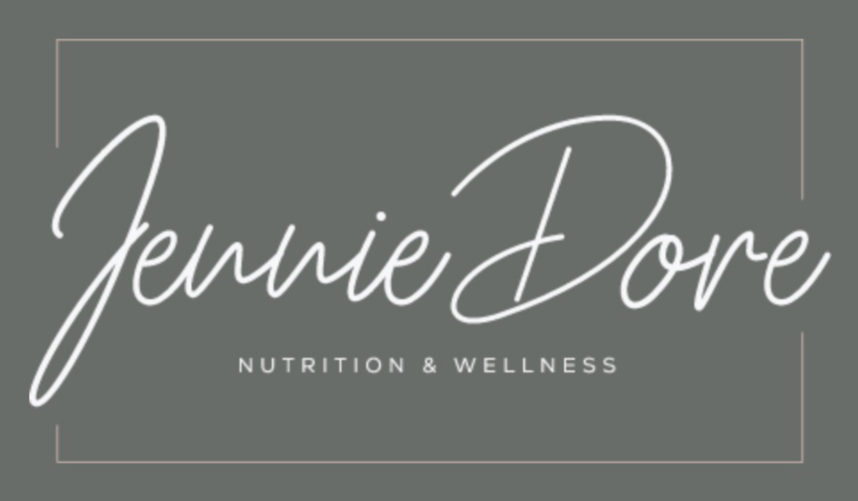
24 Mar 6 Weight Loss Mistakes
When it comes to lasting weight loss, you are often trying to make too many drastic changes at once, eliminating too many foods unnecessarily, and doing a plan that you don’t enjoy and won’t stick to. You are also not giving your body the nutrients it needs to keep blood sugar, mood and energy stable which is vital to help with decision making and managing cravings! A big part of creating sustainable changes, and maintaining fat loss, is creating systems and strategies with planning that work for you and are able to be consistent with. Here are some common mistakes you may be making!
1. “Saving” calories during the day
Under eating during the day will typically backfire later. If you are struggling with overeating at dinner and snacking aimlessly into the evening, it is likely because you are not eating enough, or enough of certain food groups during the day. Your body needs energy through calories, and adequate nutrients to function optimally. If you are not giving your body what it needs, your body will give you red flags later in the day of symptoms like obsessive thoughts about food, feeling out of control with eating, wanting calorie dense, highly palatable foods later in the day or when you are finally slowing down. Your body is brilliant and built for survival. If you are constantly thinking about food, it’s likely because you aren’t eating Enough of what you need.
2. Not Including Complex Carbs with Main Meals
Carbohydrates are your body’s preferred fuel source. By including a reasonable portion of starchy carbs with each meal in combination with protein and healthy fats, you will feel more satisfied after eating, and less likely to always be needing that something sweet later. While it is absolutely fine to have that sweet something, if it is feeling more out of control and you are over doing it, that’s when it’s helpful to check in with what meal composition is looking like. Complex carbs have fiber and nutrients. These foods digest more slowly in the body helping to better manage blood sugar levels and giving you sustained energy, vs simple carbs that are digested quickly, with energy peaks and then drops. This leads to a blood sugar spike that doesn’t last very long and leaves you crashing or hungry soon after. Eating a meal with primarily only simple carbs, can create feelings of hunger sooner, and a stronger desire for sweets even though you may be having enough calories. You’ll often feel this after having a bagel or bowl of sweet cereal. A meal with just carbs may be adequate calories, but it will leave you hungry sooner to bring your blood sugar back up, which can often lead to eating more calories than you need. Your body is not getting the variety of nutrient it needs, so it is asking for these nutrients from other food sources. Adding starchy carbs like rice, couscous, pasta, bread, potato, beans, oatmeal, quinoa, barley, beans, fruits & veggies to main meals with protein and fats will promote more even stable blood sugar and minimize cravings.
3. Working out for an hour and being sedentary the rest of the Day
When it comes to weight loss, you have to expend more calories than you take in. Your total daily energy expenditure includes how many calories you burn at rest. This is your basal metabolic rate (BMR), which is about 60% of energy burned for your body to function at the basic level. Digestion and absorption of food is less than 10% of energy out, formal exercise is about 10% of the total and non exercise activity is about 20%. This means that all of the walking, errands, cleaning and chasing after your kids can really add up. Exercise is fantastic, but if you are sitting the other 14 hours you are awake, you may be keeping your weight stable. We are way more sedentary in our culture these days, so adding in more “NEAT” or non exercise activity thermogenesis can really add up! Adding in more activity throughout the day in addition to formal exercise will help to boost mental and physical progress. This is as simple as getting in more short walks throughout the day, during gaps in the day doing housework, parking farther away and taking the stairs are great examples.
4. Relying on Willpower
Willpower is like a muscle, it gets tired after overuse. Think about how many decisions you make during the day, on top of just daily life responsibilities. It’s going to be way harder to say no to candy in the candy jar at the end of a long when you’re tired, stressed and hungry. You need to have better strategies, not just tactics, which are short lived. It’s not about the candy, have it if you really want it. But when you know you really just need to eat a balanced meal – it’s going to be way easier to over eat the candy at that point because you are genuinely hungry and the candy won’t be satisfying. Creating habits and systems that you can confidently maintain are key with sustainable progress. Have a plan with meals. Prep ahead ingredients or meals so you can grab this when you are short on time or ready to eat and don’t feel like cooking. The other piece to this is having a strong desire to WHY you want to make these changes in your life. Connecting with these deeper emotions will encourage you to take action on harder days.
5. Discounting Sleep & Stress Management
The frontal lobe of the brain is responsible for decision making and impulse control. Activity is dulled in this part of the brain with lack of sleep and it’s like being drunk even though you’ve had no alcohol. Your reasoning is off and you are more likely to make less healthy decisions, or more likely to go for the quick fix or easier less healthy option.
Too little sleep & unmanaged stress spikes cortisol, a stress hormone that signals your body to store energy for your daily nutrient needs. Cortisol is not bad, the problem is, that we are no longer using that stored energy to run from danger, so it is stored for later as adipose tissue or body fat. Forming healthy coping strategies for stress management and establishing a sleep routine with adequate rest is important for weight loss and overall wellness!
6. Thinking that asking for help is a sign of Weakness
We all need support. It is not weak that you ask a mechanic to fix your car, or an accountant to do your taxes. Yes, you COULD do these things on your own – but it requires a lot more frustration, time and unnecessary stress and confusion. Across the board the belief with nutrition and weight loss is that you should be able to do it all on your own. But your nutrition behaviors have been developed from decades of experiences, what has been modeled and taught to you and what you believe to be true. Your nutrition plan has to meet you where you are at and be realistic with your life, schedule and preferences. Creating a healthy relationship with food is fundamental in losing weight and respecting your body as a whole. It is brave to ask for help, and how we are able to be successful in various areas of our life.
Which of these areas resonates with you the most? Would love to hear from you!
With my nutrition coaching rockstars, we focus on building habits and nutrition strategies to feel their best, include the foods they enjoy and crush their health goals!
If you are struggling with these aspects of your health and weight loss journey, fill out my coaching application and I will reach out to you! Here for you xoxo

